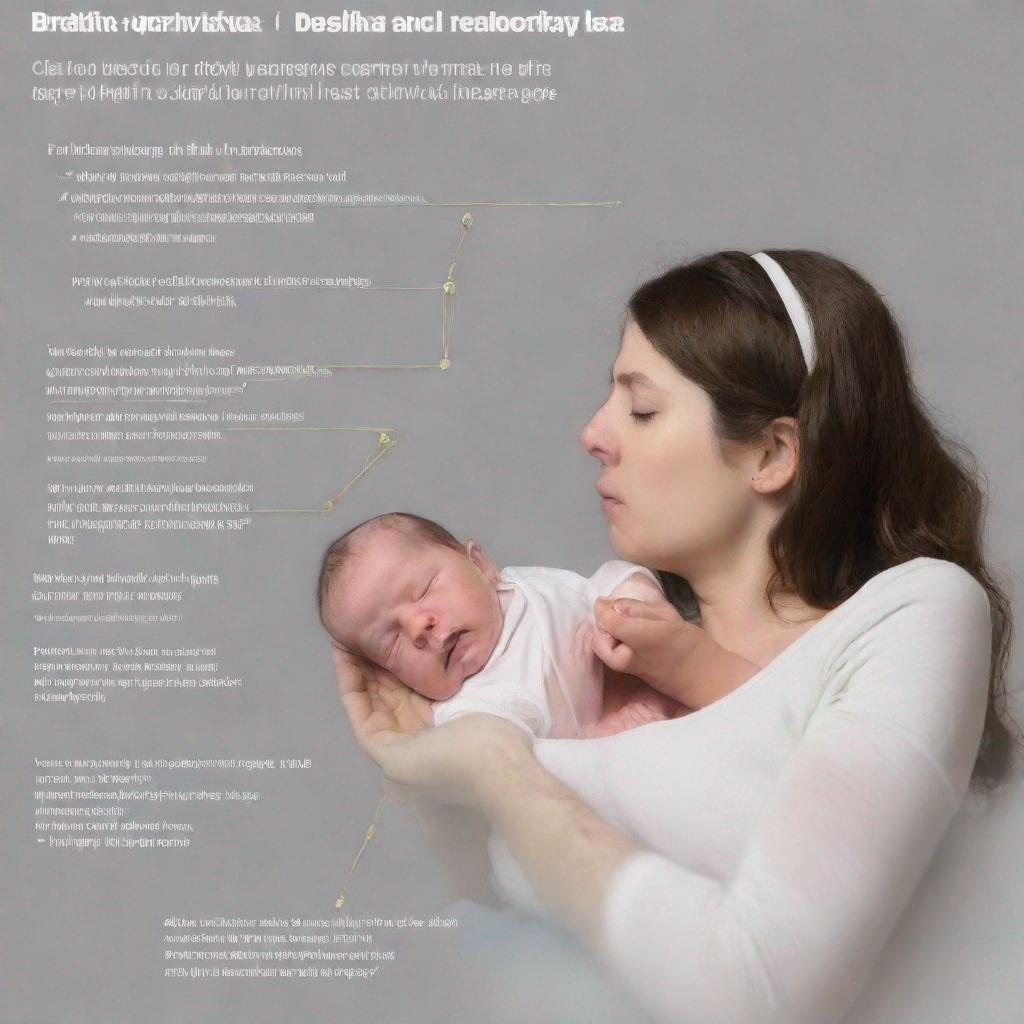## Psychiatric Assessment: A Comprehensive Examination for Mental Health
### Introduction
A psychiatric assessment is a comprehensive medical test designed to evaluate an individual’s mental health and provide a diagnosis for specific conditions or disorders. It is a crucial tool in identifying and treating a wide range of mental health issues.
### Procedure
A psychiatric assessment typically involves multiple **assessment techniques**. These include:
– **Clinical interview:** A detailed conversation in which the doctor asks questions about the person’s symptoms, medical history, and social circumstances.
– **Mental status examination:** An evaluation of the person’s appearance, mood, speech, thought processes, and cognitive abilities.
– **Psychological testing:** Standardized questionnaires or tests used to assess various aspects of mental functioning, such as intelligence, personality, and psychological traits.
– **Physical examination:** A general physical exam is often part of a psychiatric assessment to rule out any underlying medical conditions that may be influencing the person’s mental health.
– **Psychometric assessment:** Numerical measures used to quantify various aspects of mental function and symptoms.
Psychiatric assessments are typically performed by psychiatrists, psychologists, or clinical social workers with specialized training in mental health.
### Diagnosis
A psychiatric assessment can be used to diagnose a wide variety of mental health conditions, including:
– **Anxiety disorders**
– **Bipolar disorder**
– **Depression**
– **Eating disorders**
– **Obsessive-compulsive disorder**
– **Personality disorders**
– **Psychotic disorders**
– **Schizophrenia**
Diagnoses are based on specific **diagnostic criteria** established by international organizations such as the Diagnostic and Statistical Manual of Mental Disorders (DSM) and the International Classification of Diseases (ICD).
### Importance
A psychiatric assessment is crucial for accurate diagnosis and appropriate treatment of mental health conditions. By understanding the nature and severity of the symptoms, healthcare professionals can develop individualized treatment plans to improve functioning and well-being.
### Alternatives
In certain cases, alternative procedures may be used to obtain a psychiatric diagnosis, such as:
– **Neuroimaging** (e.g., MRI or CT scans) to look for any organic or physiological causes of mental health symptoms.
– **Laboratory tests** to check for any hormone imbalances or other medical conditions that may be underlying mental health concerns.
### Preparation
Before attending a psychiatric assessment, it is important to gather any relevant medical or mental health records that may be helpful to the doctor. It is also recommended to prepare a list of symptoms you are experiencing and when they began.
### Duration
Most psychiatric assessments last around 1-2 hours, though they may take longer if additional testing is required. The waiting time for results will vary depending on the doctor’s availability and the specific tests involved.
### Recommendations
Depending on the diagnosis, other relevant tests or procedures may be recommended, such as:
– **Psychotherapy** (e.g., cognitive behavioral therapy or exposure therapy)
– **Medication** (e.g., antidepressants or antipsychotics)
– **Cognitive rehabilitation** for improving memory and other cognitive deficits
– **Social skills training** for enhancing relationships and social functioning




